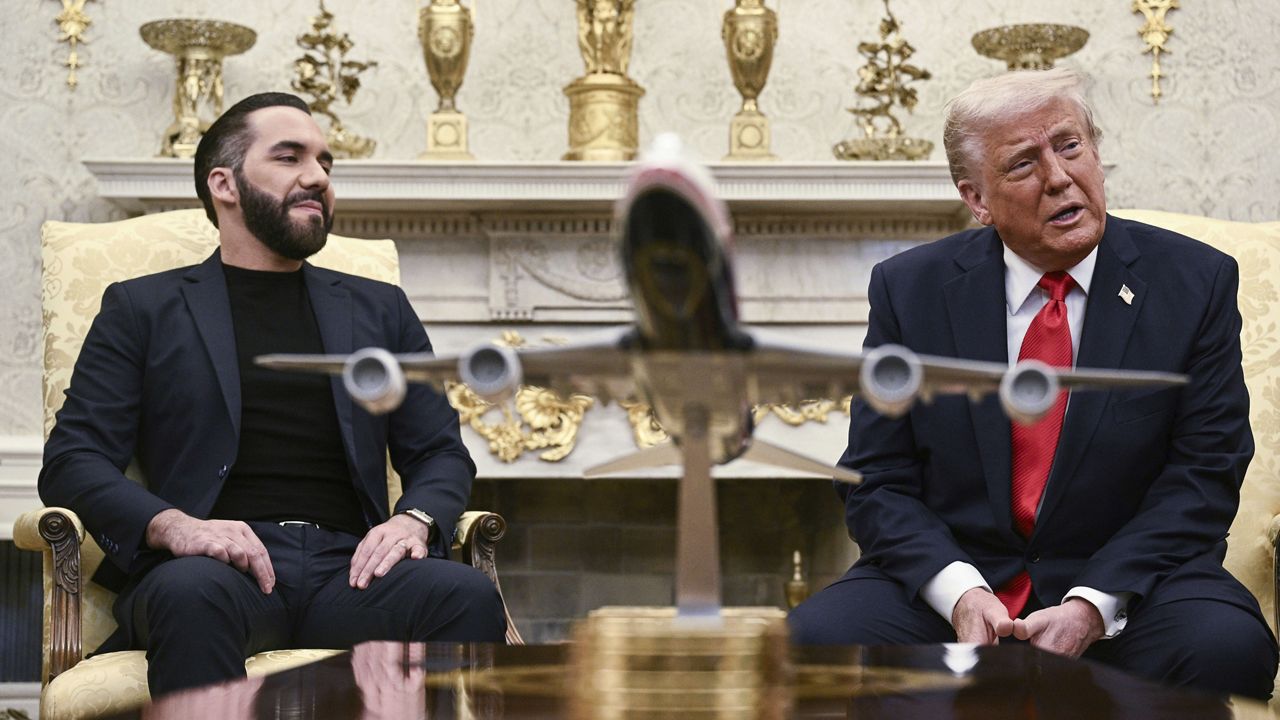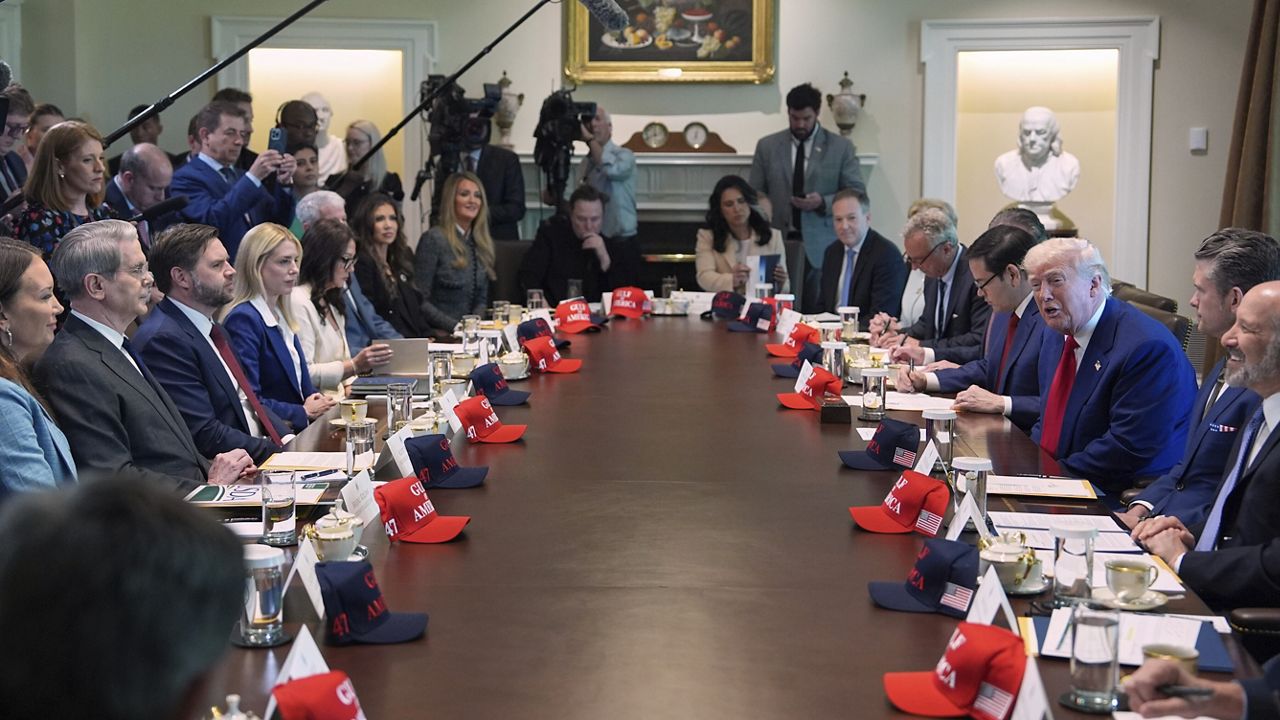Secretary of State Antony Blinken sat down with Israeli Defense Minister Yoav Gallant in Washington on Monday as tensions between the U.S. and Israel over arms shipments, a cease-fire and hostage release proposal and the day-after plan in Gaza have spilled into the public view in recent weeks.
Blinken and Gallant, State Department spokesperson Matthew Miller told reporters on Monday, were set to discuss the “importance” of Israel developing “realistic” plans for the future of Gaza, the need to avoid further escalation of the conflict in the face of flare-ups with Lebanese militant group Hezbollah and the necessity to open up access for humanitarian aid.
Miller added that the administration had noticed “somewhat of a slowdown” in access in the south in Gaza.
“The secretary is going to emphasize to the minister that we want to see that situation reversed and he'll hope to hear concrete commitments from him to work on that problem,” he said.
The meeting comes after a series of attention-grabbing comments by Prime Minister Benjamin Netanyahu over the last two days, which included the Israeli leader appearing to walk back a comment he made that many perceived as a shot at the cease-fire and hostage release proposal that President Joe Biden said Israel has agreed late last month.
Responding to the seemingly contradictory statements from Netanyahu and the initial doubt cast on the Biden-backed proposal, Miller on Monday chalked it up to the Israeli leader misspeaking on Sunday.
“I will just say, I think all of us that speak publicly, at times, make mistakes and misspeak and when we do so we have an obligation to come clarify and we're glad he did,” Miller said.
Netanyahu on Sunday told an Israeli TV channel that he “would only be willing to agree to a 'partial' cease-fire deal that would not end the war.” The proposal laid out publicly by Biden and submitted to Hamas seeks to secure the release of all hostages and ultimately bring a complete end to the fighting in Gaza.
On Monday, he appeared to reverse course, telling the Knesset that he was “committed to the Israeli proposal, which President Biden has welcomed.”
But the confusion also coincides with an escalating back-and-forth between Netanyahu and the Biden administration over arms shipments after the Israeli leader on Sunday doubled down on his claim that the U.S. has held back on supplying weapons to Israel in recent months.
“But four months ago, there was a dramatic decrease in the munitions coming to Israel from the U.S.,” Netanyahu said in remarks at the start of a government meeting. “For long weeks, we turned to our American friends and requested that the shipments be expedited.”
“We received all sorts of explanations, but one thing we did not receive; the basic situation did not change,” he continued.
Miller on Monday reiterated that the U.S. paused one shipment of bombs to Israel last month over concerns about how they could be used in Rafah – a southern Gaza city where more than a million Palestinian civilians were taking shelter – but emphasized nothing else has changed.
“I don't understand what that comment meant at all, in the same way that I didn't understand the comments that we discussed last week when we heard him make similar claims,” he said.
Pressed on whether the U.S. was sending more weapons at the beginning of the conflict than it is now, Miller said he could not give exact numbers but the U.S. continues to “meet the requests that they have made to us” as well as fulfill the “statutory obligation to ensure that Israel remains a qualitative military edge over other countries in the region.”
“Obviously, they were making intense requests at the beginning of the conflict, and we were fulfilling those requests. They continue to make requests, and we continue to fulfill those requests,” Miller said. “So, I can't tell you whether they are lower today than they were in October.”
Netanyahu claimed in a video last week that the U.S. was withholding weapons. In response, White House Press Secretary Karine Jean-Pierre told reporters the administration “genuinely do not know what he’s talking about.”
Miller on Monday also emphasized that the U.S. wants to see Israel put forth its “own ideas” on the future of Gaza, reiterating that the administration does not want to see Israel reoccupy the Palestinian territory.
The comment followed Netanyahu on Sunday saying his country’s current phase of fighting in Gaza was winding down, adding that such a move would not mean the end of the war against Hamas but that it would give Israel the “possibility of transferring some of our forces north,” where tensions between Israel and Hezbollah have been escalating.
Netanyahu also said Israel will have to continue “mowing” operations in Gaza.
Miller on Monday said the U.S. believes continued Israeli military action in Gaza “just makes Israel weaker.” He also stressed that the U.S. does not want to see further escalation with Hezbollah, adding that a cease-fire in Gaza would “help us resolve” such a situation.
The Associated Press contributed to this report.








